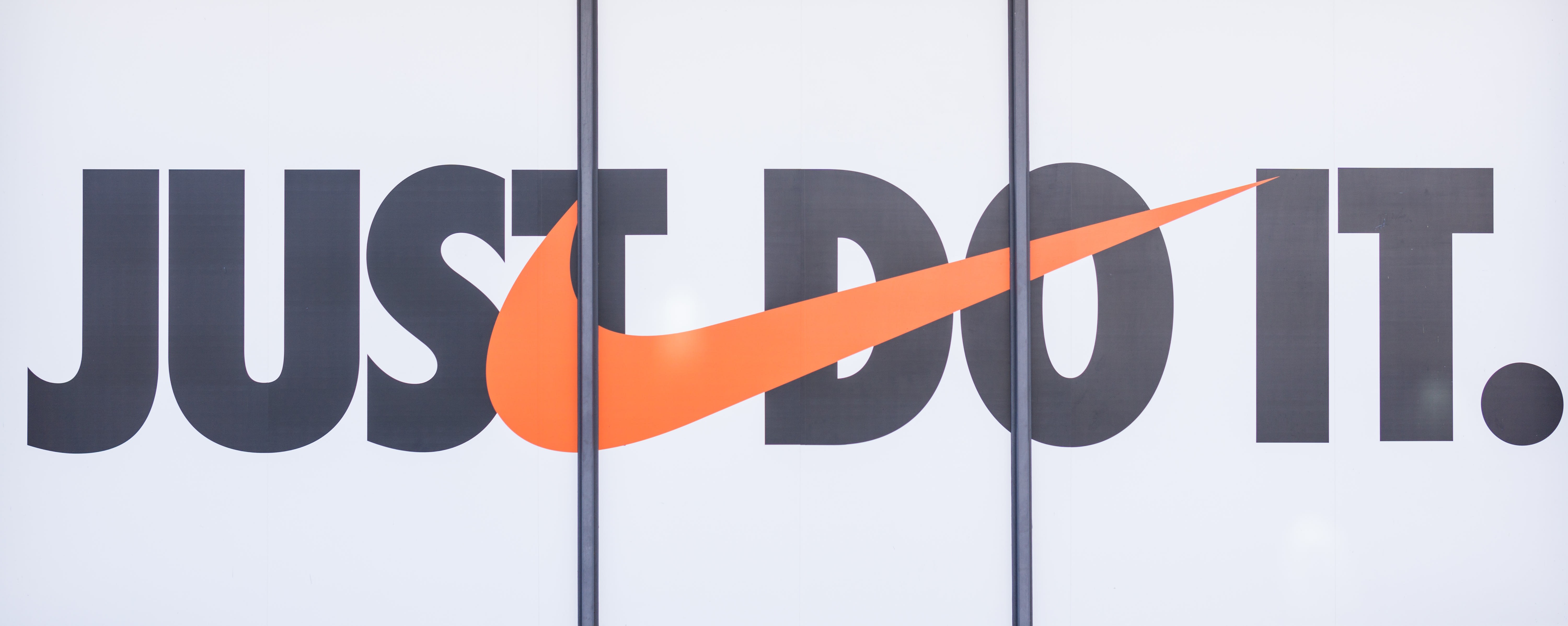H&M Stepping Toward Sustainability: Check Out Brand’s Approach



As we are gradually encountering the negative impacts of climate change, the industries are focusing on procuring sustainable goods and services. From skincare and home care to food and beverages, almost every sector has evolved its techniques in accordance with sustainable innovation.
The fashion industry is no exception. The industry might be responsible for as much as a tenth of the world’s carbon emissions. Almost 3 quarters of the industry’s yield is either dumped or burned. Hence, many renowned brands such as Adidas, Levi’s, H&M, etc., are setting strong benchmarks to make sustainable clothing available for their customers.
H&M fashion holds 1/3rd of the fashion market and produces approximately 3 billion garments per year, making it one of the most pollution-emitting brands. However, the brand, launched in 1947, is slowly turning its ethos according to the 21st century and trying to grow into a sustainable brand. It has upgraded its policies according to changing needs of the time. It has made its production process visible to the public as the brand is becoming more ‘transparent’ and reliable, standing true to its values.
Greenwashing Allegations on H&M
The brand launched its ‘conscious collection’ in 2010 to provide the customers with more sustainable clothing. The conscious collection focuses more on producing clothes that can be recycled. As claimed by the brand, it uses materials such as organic cotton and recycled polyester, which results in emitting the least amount of pollution.
However, denying the claims, the report released by Changing Markets Foundation assessed that H&M does not comply with the standards of CMA guidelines. The report revealed that the company used greenwashing to deviate its customers with false claims and does not stand 100% true on the material details it disclosed.
Hence, to cope up with the disgrace and prove the allegations ‘not true,’ H&M has set further goals to make its sustainability agenda a win. In January 2020, the brand represented its new CEO, Helena Helmersson, who previously held the position of Chief Sustainability Officer at the H&M Group. This move smartly comprehends that the brand is entirely focused on envisioning itself as a sustainable brand. Helmersson, since she has been appointed, is truly justifying her role by innovating new ideas to adopt sustainable practices in both manufacturing and supply chain.
3 Major Goals of H&M: A Futuristic Sustainable Take

According to the Head of Sustainability, the H&M group aims that:
- The brand is the biggest user of organic cotton and recycled cotton; hence, making sure that all the cotton comes from more sustainable resources from the year 2020.
- The brand is the biggest consumer of recycled polyester, hence making sure that all the produced goods that H&M offers are recycled by 2030. Focusing on its target, the brand is pushing Econyl material in its 2021 Conscious Exclusive Collection, which is 100% regenerated nylon fiber made from waste.
- The brand is focusing on renewable energy and has targeted to make it 100%, which stands at 96% today.
How H&M Fashion Is Moving Towards Sustainability
The brand is using recycling initiatives and AI to set up new fashion rules inclined toward sustainable goals. H&M came up with a garment collecting initiative in 2019. The agenda was to collect the discarded clothes to reuse and recycle them. The brand collected tonnes of waste garments in a single year. The brand is constantly launching newer versions of techniques, which follow a single motive of sustainable growth.
With the launch of H&M Loop, the brand is focusing on recycling unused or early-discarded products. According to a survey conducted by the brand, people are adamant about not using the old cloth or discarding it very soon. Hence, to combat this situation, the company has inaugurated a ‘green machine’ in its Stockholm store that recycles the old cloth in a new one in just 5 hrs.
Another step is the launch of the AgraLoop Biofibre. It is the brand’s initiative to make H&M fashion clothes from a natural fabric made from agriculture crops, which is sourced for circularity.
Treadler app by the H&M fashion Group is another big move by the strategic brand to lead a sustainable world. The brand has put its foot into the supply chain by launching this platform. It is a B2B service where the clients can use H&M’s supply chain, their assets, and techniques that are sustainable in nature.
The fashion giant is moving at a good pace in implementing sustainable practices to reduce the amount of carbon emission and save the planet before it completely deteriorates. The company has envisioned long-term plans and is slowly accomplishing them. Nonetheless, it is yet to see what next step it is going to bring towards sustainability.



















